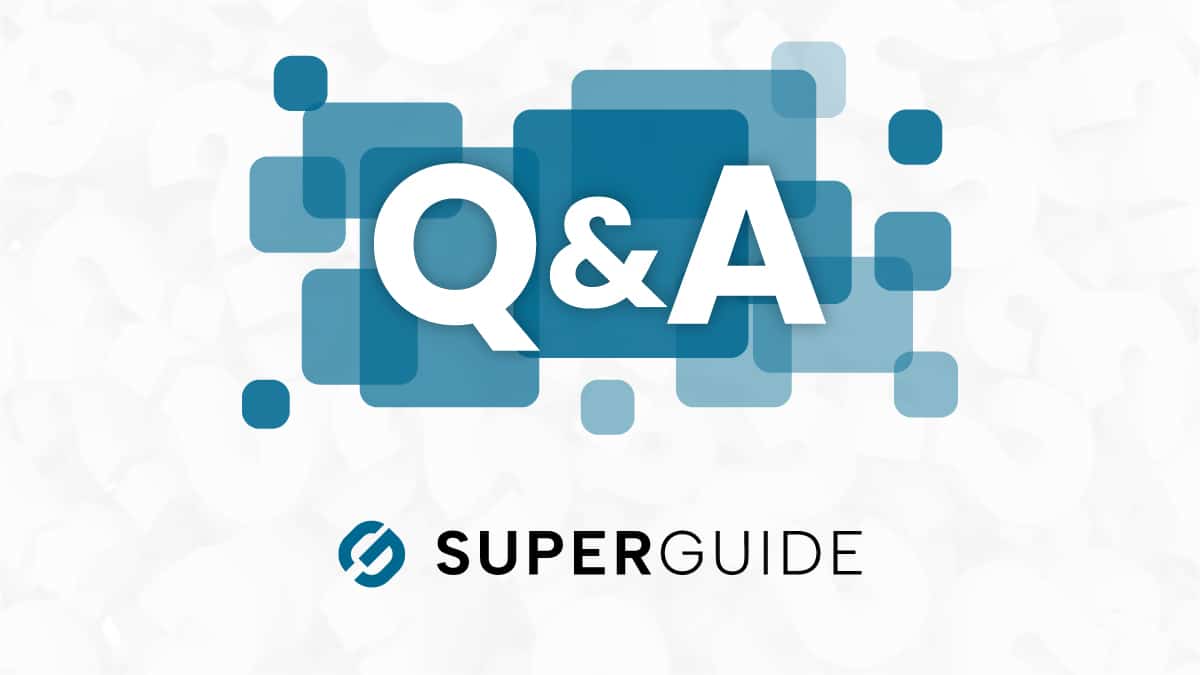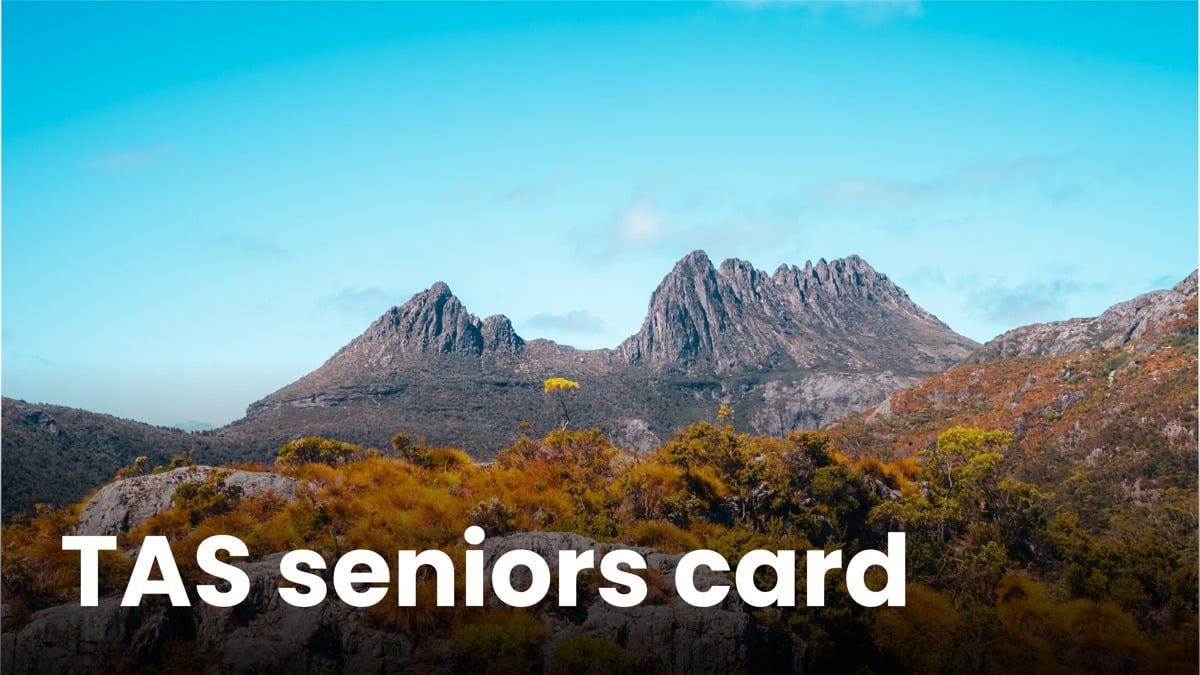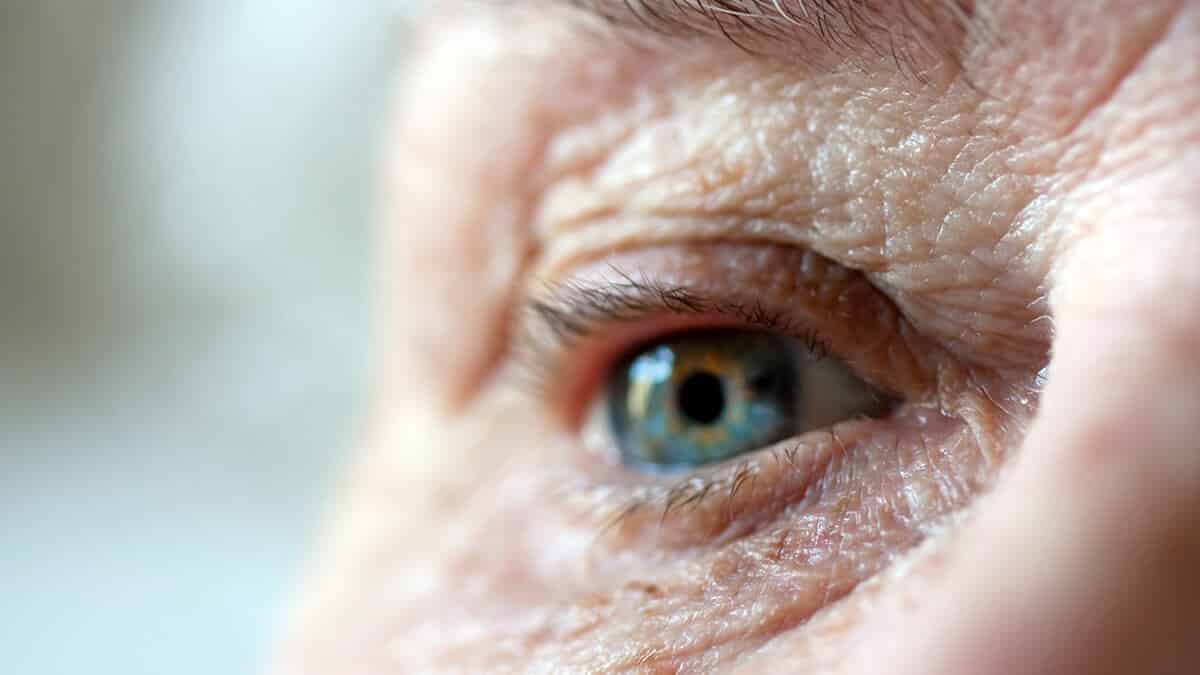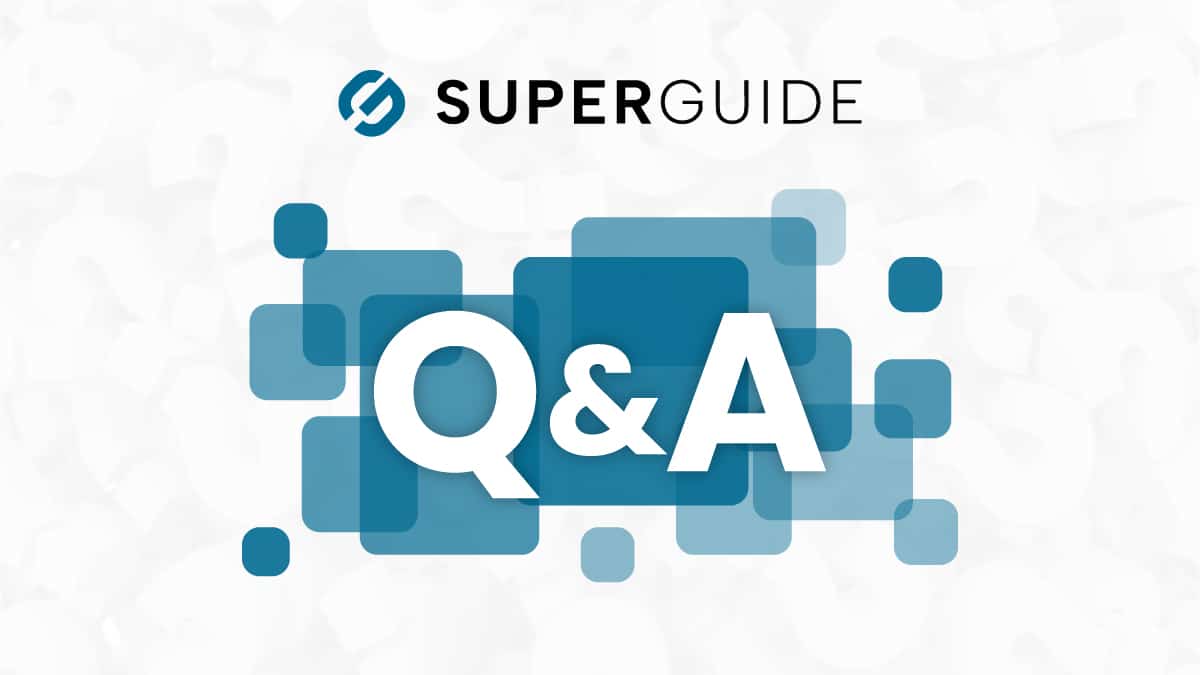Karen Hunt from My Pension Manager answers member questions about the Commonwealth Seniors Health Card.
Q: I have a small personal income from shares and fixed interest of approximately $27,000 (Adjusted Taxable Income). I have an SMSF (allocated pension) which pays me from my balance of $1.25 million. I am 68 and wondered if I could qualify for the CSHC. Please could you explain deeming and if is it calculated on the entire member’s super fund balance?
A: The income test for CSHC is your Adjusted Taxable Income (ATI) plus deemed income on your account-based pension – the entire balance. For single people, deeming is calculated at 0.25% for the first $60,400 and at 2.25% for everything over this amount. Deemed income on your level of super would be around $27,000. Added to your ATI you get total of $54,000, which is well under the limit for the CSHC.
Q: It’s frustrating to try to ascertain what period the taxable income relates to (to calculate eligibility for the CSHC). Do I quote my taxable income for the financial year just ended or do I quote my taxable income calculated say on 31 August if I apply on 1 September?
A: The application asks for the most recent taxable income that can be verified in the last two years. So if you are applying in September 2023, and you have completed tax returns for the 2022–23 financial year (or you are not required to lodge) then you would use 2022–23 information. If you are lodging tax returns for 2022–23 but just haven’t done so yet, you would provide the information for 2021–22. If the most recent verifiable income is too high, but your current circumstances would make you eligible, this is covered in the questions – you can provide evidence to show your income has decreased.
Q: I have recently secured a CSHC for myself and now wish to do so for my wife. I have already given Centrelink details of my wife’s income. How do I get a CSHC for my wife? Is there a short way for couples or do I have to go through the full process for her? Contacting Centrelink is a nightmare!
A: There is a question in the claim – “Is your partner also claiming?”. If you ticked yes (and she has reached Age Pension Age) then she should have also been granted a card. It could be a case that they just didn’t go back and process her card and worth a call if you think you did this. Otherwise, she can lodge her own claim for her own card.
Q: My wife and I have had the CSHC for many years. This year our taxable income will exceed the limit because a stock that we hold was privatised. I believe that our CSHC will be stopped this year because of this on-time capital gain. Could you advise whether I need to apply for the CSHC next year or will it automatically be sent to us because our taxable income will return to normal and below the limit. Thanks.
A: The income limit for a couple to be eligible for a CSHC has gone up – it is now $144,000 combined. If you will still be over this amount, you would lose eligibility and would need to reapply the following year.
Q: I’m applying for the Commonwealth Seniors Health Card, which is assets test exempt, but requires your taxable income for deeming purposes. I am in retirement phase for my super (one being a Defined Benefit Pension, the other an Allocated Pension Income Stream). I just read a couple of your articles which confirms that they are tax-free, so why would Centrelink need my super details to access my Adjusted Taxable Income?
A: Tax rules and Social Security rules are totally different. To assess your eligibility for the Commonwealth Seniors Health Card, Centrelink assess your Adjusted Taxable Income (which includes your defined benefit) PLUS deemed income on your account-based pension (which is not included in your taxable income). Deeming is applied to the balance of your fund so although the asset value is not relevant for an asset test, it is required to work out how much income to assess under the deeming rules.
Please note there are some exceptions to assessing income from defined benefit income streams. For specific advice relating to your own personal circumstances, please consult the ATO or an accountant in relation to the adjusted taxable income from your defined benefit.
Q: My wife and I both have CSHCs which we think are grandfathered as they commenced in 2012 and 2013. How do I confirm if they are grandfathered? Would CSHC grandfathering status be lost if we wound up our existing SMSF and rolled over into an industry super fund keeping the APBs exactly as they are in the SMSF? How is the Annual Income Limit for a CSHC calculated? Is it a deeming percentage or Super Pension drawdown plus personal Investment Income, or ATO annual return?
A: The only grandfathering for CSHC is for those pensioners who were affected under the “rebalancing the assets test” changes that came into effect on 1 January 2017. The asset test cut-off limit was significantly reduced and some people receiving a part pension had their pensions cancelled. These people were automatically issued with non-income tested concession cards. In October 2017 these people were all automatically entitled to a non-pensioner Pension Concession Card.
Grandfathering status is lost if you have been granted a pension since the cancellation on 1 January 2017. Now, in case this doesn’t apply to you, let’s look at the income test. CSHC looks at the Adjusted Taxable Income (regardless of whether you are required to lodge a tax return or not). This would include any taxable income such as interest, dividends and wages plus any net investment losses, reportable super contributions or fringe benefits. Then deemed income is calculated for any account-based income streams. If it is the income stream that you are referring to as being grandfathered, the grandfathering status only applies to the product. If it is commuted and transferred to another income stream, the grandfathering status is lost. Having said that, the new income limits for CSHC is quite high – $144,000 for a couple.
Q: I am filling in a form to claim a CSHC. On page 14 of the form it requests ‘Product Reference Number’ for my SMSF. Where do I find this number? On the annual audited forms for the SMSF there is a number of the form ABP 509. Is this it? Also, on Form SA330 it asks for ‘Name of Product’. What is this in relation to an account- based income stream? I have five small account-based pensions from the one SMSF. Do I have to fill in forms for each or can they be totalled? Where do I find ‘Relevant Number (RN)? I am supplying details in respect of the 2020–21 financial year. I am asked for balance as at 1 July in the current financial year (2022–23). So do I have to wait till the 2021–22 accounts are produced before I can apply for the CSHC?
A: The SA330 forms must be filled in by the trustee or administrator of your SMSF and they should be able to help you with this information. The product name and reference number can often be found in the member account statements. You would need to provide a balance for each account as at 1 July, as deemed income is assessed for account-based pensions.
Each income stream or account-based pension will need a separate form as they will each have different information – purchase price, date of purchase, balance etc. They will even have different relevant numbers. This is related to life expectancy tables based on the time of purchase and are available here.
Q: Hi, I am currently in the process of completing an SA296 form for the CSHC and wonder if you can you please tell me if I need to complete an SA330 if my SMSF was wound up in the 2022 financial year? In other words, since 1 July 2022 I am no longer receiving an account-based pension. Do I respond to question 73 based on Question 69 (which mentions income details for the last two years)? So confusing!
A: When in doubt I always submit a separate note to explain anything I think doesn’t look right on the forms. Answer the form literally – so put your previous years’ income as the most recent one that can be verified (so 2021–22), then at question 72 you put in all the information for that year. At question 73 you say ‘No’ because you are no longer receiving this.
Now here’s the tricky part – Q74 asks you if your income is lower than the income limit to skip over the information about current income. I would continue on and answer 75, 76 and 77 and put an explanatory note with it. Better to have too much information than risk delays!














Leave a comment
You must be a SuperGuide member and logged in to add a comment or question.